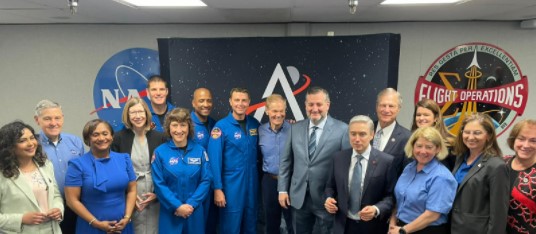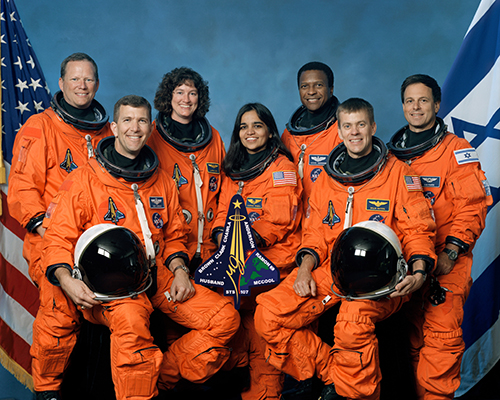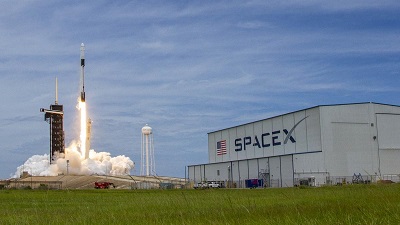Human Exploration and the International Space Station and can Work in Tandem
 For almost two decades, humanity has maintained a presence on the International Space Station. Barely 100 years after the first 12-second airplane flight, humans are now living in space. The U.S. government is now debating the fate of the ISS, humanity’s sole outpost in space. The debate centers on a single question: whether the ISS should be extended beyond 2025 or whether its existence prevents funding for human exploration of the moon, Mars and beyond. The problem is that it’s not an either-or proposition. We do a disservice to ourselves and to future generations when we force a false choice between the ISS and further space exploration.
For almost two decades, humanity has maintained a presence on the International Space Station. Barely 100 years after the first 12-second airplane flight, humans are now living in space. The U.S. government is now debating the fate of the ISS, humanity’s sole outpost in space. The debate centers on a single question: whether the ISS should be extended beyond 2025 or whether its existence prevents funding for human exploration of the moon, Mars and beyond. The problem is that it’s not an either-or proposition. We do a disservice to ourselves and to future generations when we force a false choice between the ISS and further space exploration.
The ISS science laboratory’s objective is discovery; it has conducted more than 2,400 research investigations. Studying the effect of zero gravity on living organisms has improved laser eye surgery, increased the effectiveness of vaccines, and helped cancer research.
Human space exploration should go far beyond the ISS. Scientists and engineers think that it may be possible to make rocket fuel and water from materials on the Moon’s surface. A series of robotic missions to Mars have come closer to finding signs of life on another world. But exploring other worlds with robots is slow and difficult; if we want to step up our game and make profound discoveries the time has come to send people to the moon, Mars, and beyond.
This commitment to exploration involves difficult choices. As ISS funding comes under review, we will need to balance these two priorities: a presence in low-earth orbit on the ISS and human exploration of space. Some pundits reduce the debate to false choices: Either NASA continues spending billions of dollars a year on the ISS or the space station must be decommissioned. Either we commit to extending NASA spending on the ISS to 2028 or we don’t extend it at all. Either NASA keeps the ISS operating or NASA finally returns to the moon.
The result of this simplistic debate is that the future of the ISS is being determined by a cosmic game of chicken. The Trump administration proposes ending direct NASA spending on ISS operations by 2025 in order to free up resources needed for a return to the moon. The administration is not proposing to end the ISS or America’s presence in low-earth orbit. Instead, the administration wants to find innovative ways to reduce the costs of both keeping a presence in low-earth orbit and sending humans back to the moon, permitting America to do both.
Not only is this possible, it’s likely. The United States should operate the ISS for as long as it continues to meet our needs. We can decommission the ISS when there is a newer, more affordable platform to take its place. Industry confidence in the future of the ISS will boost confidence in value of human presence in low-Earth orbit and usher in the opportunity for private partnerships to share in the investment. As commercial industry enters the field, the competition helps drive down costs on the ISS, in turn freeing up funding for lunar exploration.
That’s why fighting about all-or-nothing funding is shortsighted. It threatens the goal of obtaining the best use possible of our investment in space. By forcing a choice between the ISS and human space exploration, it sends a signal to every scientist, entrepreneur, and engineer working on the station: we’re willing to gamble with the future of America’s presence in space.
Instead, let’s examine how we can increase commercial demand for the ISS and discover new efficiencies and ways to reduce operational costs. Let’s forge new partnerships with our commercial and international partners. Let’s not limit ourselves to a false choice. Let’s find ways to maintain America’s presence in low-earth orbit while committing to human space exploration.
After all, ours is a nation of pioneers and innovators. NASA has a proud tradition of space exploration and with our support they can lead us to the moon, Mars, and beyond.








